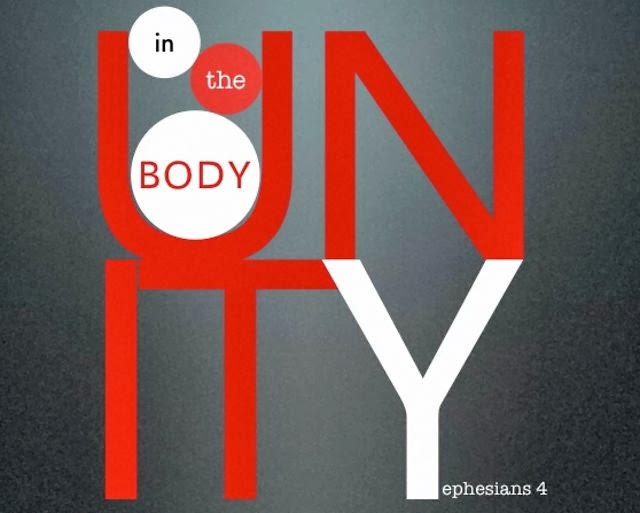The story almost reads like a joke. “So an
Anglican, a Pentecostal and the Pope walked into a bar. . .” But what happened today is not a
joke. Matter of fact, what I experienced on this day, “which we have heard,
which we have seen with our eyes” (1 John 1:1), is
nothing short of historic.
Three Christians, from three nations, from three cultures
and three denominational traditions representing nearly three-quarters of the
world’s Christians, came together as one. They loved each other. They blessed
each other. They prayed for one another. They celebrated the Bible together. Heck,
they sent personal videos to each other with iPhones! They praised one Lord
together, Jesus Christ. And they called one another into complete unity so that
the world would know the love of the Father.
I almost couldn’t believe my eyes, eyes that were wincing to
try to understand what was going on and at the same time welling up with tears
for what I was seeing. Let me introduce the characters:
Kenneth Copeland
A charismatic,
Pentecostal preacher, a televangelist whose ministry and media empire (Kenneth
Copeland Ministries) reaches millions around the world but also invites the
scorn and skepticism of many (particularly amongst Catholics and mainline Protestants)
for what they consider a “prosperity gospel.”
Tony Palmer
An Anglican bishop and member of the Anglican Episcopal
Church of the CEEC (Communion of Evangelical Episcopal Churches). Palmer
experienced a radical conversion in his early twenties and was introduced to
Kenneth Copeland through evangelistic videos which inspired Palmer to share the
gospel, door to door, with every household in his English suburb (took him 8
months). Palmer would later be invited by the Vatican to serve on the Catholic
Ecumenical Delegation for Christian Unity and Reconciliation.
Pope Francis
Certainly he needs no introduction. But before he was
elected pope, Mario Jorge Bergoglio, then Archbishop of Buenos Ares, became a
personal friend and spiritual mentor of Tony Palmer. Their friendship continued
into his papacy, as you will see in the video.
You’ve just gotta see this for yourself (please, please, please trust me - it is WORTH the 45 minutes!).
If you’re a Catholic or mainline Protestant, bite your
tongue and get through Copeland’s introduction (I'll admit, I almost stopped here). If you’re an academic, hold
your judgment through Palmer’s beautiful, inspiring, yet at times academically
imprecise message (I know, I know, doctrine does matter and Pelagianism was condemned in the 5th century). And if you’re an Evangelical, a Pentecostal or anybody skeptical of the Catholic Church, just wait for the incredible words, spoken in the “language of the heart,” of Pope Francis.
That they may be one. . .

